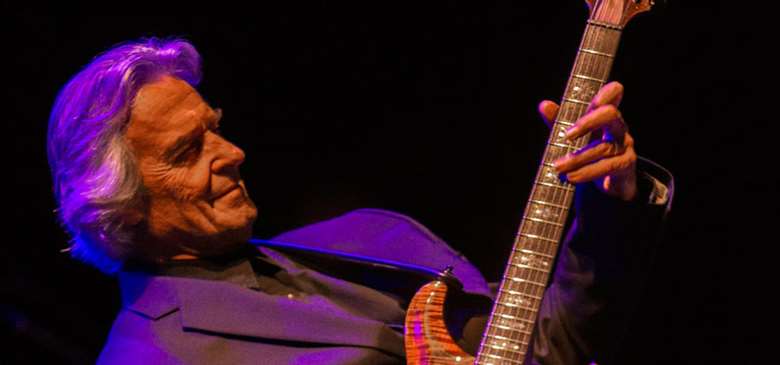John McLaughlin – lighting the way
Monday, January 30, 2017
On 14 and 15 March, John McLaughlin and 4th Dimension will be playing at Ronnie Scott's as part of the Jazzwise 20th Anniversary Special Festival.


Register now to continue reading

Thank you for visiting Jazzwise.co.uk. Sign up for a free account today to enjoy the following benefits:
- Free access to 3 subscriber-only articles per month
- Unlimited access to our news, live reviews and artist pages
- Free email newsletter